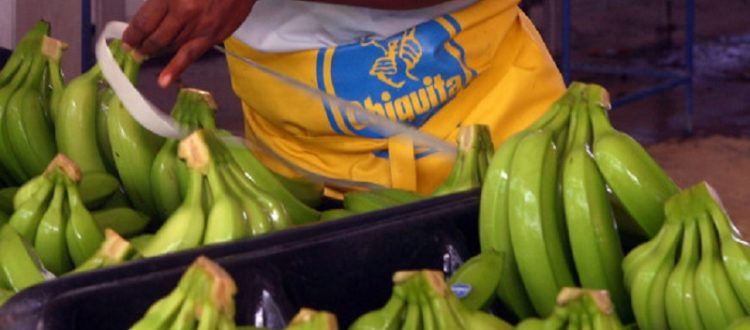Business Actors, Paramilitaries and Transitional Criminal Justice in Colombia
Philipp Wesche*
Recently, there has been an extensive debate on the role of war economies in transitions from internal armed conflict, in particular regarding the extraction and trade of natural resources. These economies are today perceived as drivers of conflict and obstacles to transition that finance the hostilities and motivate actors to instigate or participate in violence, including in the postconflict phase. Consequently, the field of peacebuilding has increasingly focused on transforming war economies and has explored a broad spectrum of policies in this regard, including resource governance reforms, due diligence and certification schemes for traders of conflict resources and sanctions regimes.1 These policies recognize the often complex role that business actors play in war economies, including mediate and immediate trade and investment relationships with armed groups, financial flows in the form of protection rackets, bribes, donations or money laundering and also the commissioning of armed groups to violently protect or further business interests.
In transitional justice (TJ), scholars also increasingly address the economic dimensions of internal armed conflicts, but from a very different perspective. Instead of reflecting on the economy as a source of financing for armed groups and on vio- lence over resources and the role of business actors therein, they emphasize violations of social and economic rights committed in armed conflicts. This is sometimes referred to as economic violence and is widely regarded as a core cause and conse- quence of armed conflict.2 In this context, many scholars now argue that TJ must go beyond its historical core competence – achieving truth, justice and reparation for mass atrocities involving bodily harm – to take greater account of violations of eco- nomic and social rights.3 Arguing that not addressing these violations may lead to the recurrence of violence, they want the field to make a transformative turn towards greater inclusion of economic and social rights. This would go hand in hand with a shift in TJ’s underlying conception of justice, away from a more retributive or restorative understanding towards a more distributive approach.4 Others, however, raise doubts about whether TJ instruments, including trials, truth commissions and reparations, are really suited to transform structural economic patterns giving rise to violations of economic and social rights, given their legalistic and short-term nature and the fact that they are already often overburdened and underfunded.5 In addition, they highlight the political limitations in transforming inequalities in economic own- ership and participation in times of transition. In this context, they argue that many transition governments tend to prefer growth over distribution-oriented economic policies or are bound to adopt such policies to secure international loans and assist- ance, or simply shy away from confronting the interests of economic elites, who benefited from the preexisting economic order and may use their influence to under- mine the transition.
Full article here: ijz016 by Anonymous UeGxFwA on Scribd
Imagen: El Colombiano

